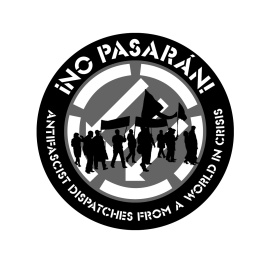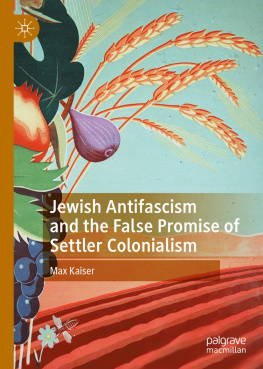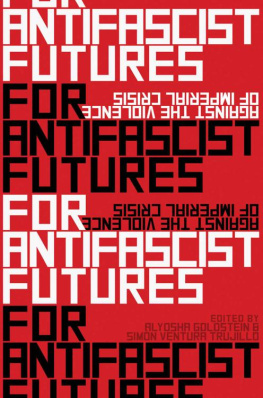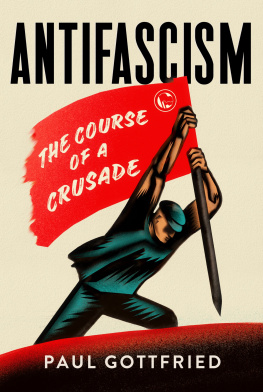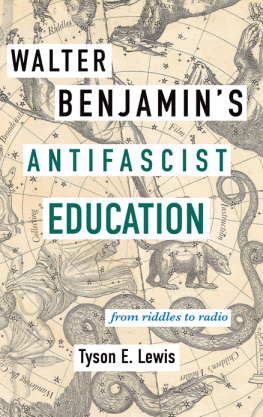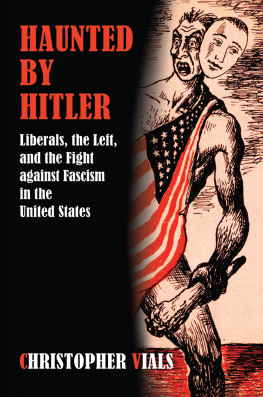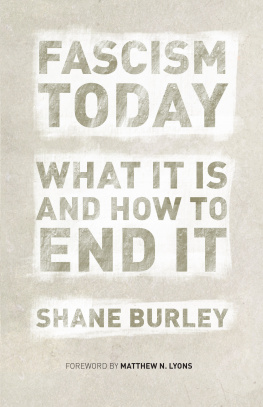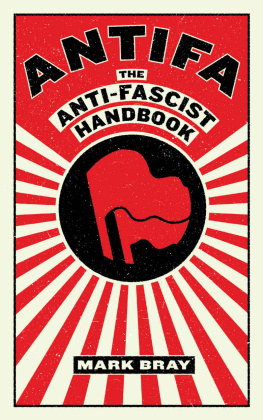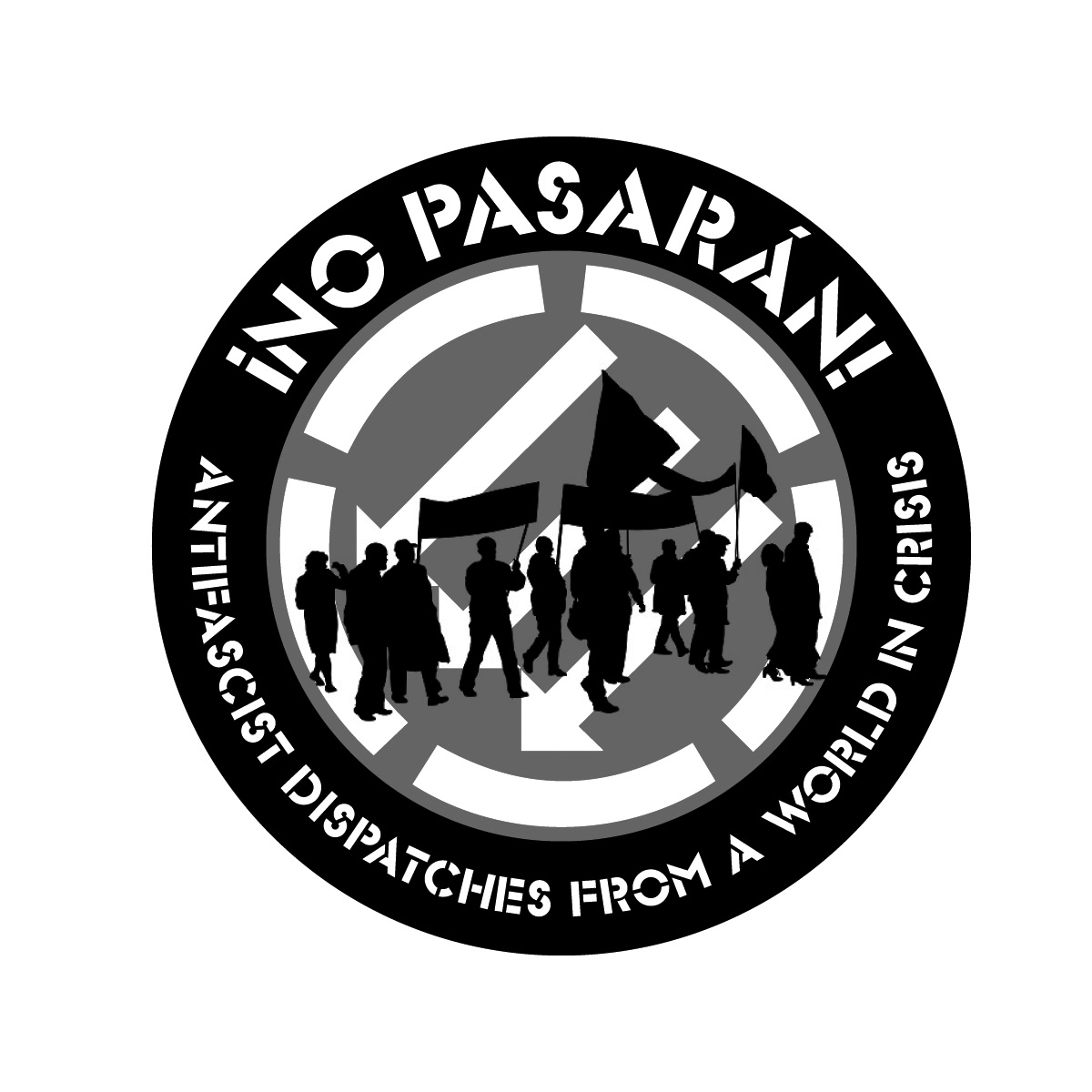With Editorial Support by Paul Messersmith-Glavin and the Institute for Anarchist Studies
Advance praise for No Pasarn!
Academics and pundits have made careers out of debating the definition of fascism. We are deluged with books, each bearing its own definitions, prognoses, caveats, and warnings, only to be bumped off the bestseller list by the next self-proclaimed fascism expert. No Pasarn! is not that book. These writer-activists understand fascism to be a many-headed hydra that defies typologies and strongman tropes and can only be apprehended in the dialectic of resistance. Antifascism is not an exercise in abstract thinking but an active, collective struggle for a new world. This book will get dog-eared and dirty, but not by gathering dust.Robin D. G. Kelley, author of Freedom Dreams: The Black Radical Imagination
This diverse collection of writings by activists, journalists, and scholars is held together by one theme: understanding and defeating the fascist danger we face today. Our grave moment demands thinking that is both historically informed and attuned to new conditions, both critical and visionary, both militant and creative. No P asarn! brilliantly achieves all of this.Joe Lowndes, co-author of Producers, Parasites, Patriots: Race and the New Right-Wing Politics of Precarity
Looking across history and around the world, No Pasarn! is a must-read for todays antifascists. These voices call us to embrace solidarity and self-defense and never abandon the fight for a better world as we confront the looming threat of far-right authoritarianism. This compendium of stories and analyses from the frontlines of antifascism will help us meet the daunting demands of our era with clarity, bravery, and camaraderie in the struggle.Dan Berger, co-editor of Remaking Radicalism: A Grassroots Documentary Reader of the United States, 19732001
Shane Burleys multifaceted compendium of writings on antifascist resistance and the far right considerably advances the breadth of resources available to researchers and activists. Drawing on many of the leading voices at the cutting edge of antifascist theory and scholarship, No Pasarn! skewers the popular one-dimensional interpretation of antifascism to reveal how our struggle must challenge all forms of oppression if we are to ever truly build a world free from fascism.Mark Bray, author of Antifa: The Anti-Fascist Handbook
This is one of my favorite kinds of book, an indispensable resource for creating a world where it would be useless. Equal parts handbook, history, and theory, it is both an excellent overview of militant struggles against fascism and a powerful weapon for the fights to come.Vicky Osterweil, author of In Defense of Looting
We can only really understand antifascism through the voices of those most committed to the cause. Above the hubbub of distortion, exaggeration, and half-truths, antifascist voices need to ring loud and clear. In No pasarn!: Antifascist Dispatches from a World of Crisis , these voices are unmistakeable. Drawing from rich stores of real-life experience, this forthright book wrestles with what it means for radical antifascists to resist the scourge of fascism and create a fascist-free future.Nigel Copsey, author of Anti-Fascism in Britain
No pasarn!: Antifascist Dispatches from a World in Crisis is a much-needed collection of essays from some of the most notable antifascists writing today. Focusing on how we got here as it pertains to fascism and white supremacy, along with what we can do about it, from a diverse cross-section of people who are directly doing the work, this book is a vital read for activists, journalists, and academics alike. These are political stories, and they are deeply personal stories, humanizing antifa while detailing, with plenty of citations, why they we are absolutely necessary. Most importantly, these essays dont just highlight the social problems; they empower the reader to step up with their local community to solve them.Kitty Stryker, editor of Ask: Building Consent Culture
Foreword: On the Uses and Manifestations of Antifascism
Tal Lavin
What is antifascism? What does it look like? And how does it manifest in the real world?
The simplest explanation is also the truest: antifascism exists in relation to fascism as antimatter does to matterits opposite, and, hopefully, its equal. As fascism rises and spreads, so does the need for antifascism, and the people inspired to fight back. Fascism, as broadly defined amongst an international, highly diffuse, and individuated network, is not subject to the slippery-slope arguments so often put out by currish and mealymouthed commentators: it is defined quite narrowly, as the words and actions of those who espouse a politics of genocide, who seek to destroy and harm members of marginalized groups, who openly or covertly align themselves with past and present fascistic movements, and who agitate for or commit acts of violence against the minorities they despise.
So much, so simple. The second component, however, and perhaps what makes the concept of antifascism so baffling and inimical to a media sphere that aligns itself most readily with institutions and with the state, is that antifascists are nonstate actors , individuals and collectives acting from no authority but their own desire for a better world. For historical inspiration, antifascists turn to those individuals who, in the 1930s, battled Hitlers rising Brownshirts on the street under the banner of Antifascistische Aktion , and the tens of thousands of volunteer fighters from all over the world who joined together in the fight against the would-be military dictator Francisco Franco during the Spanish Civil War. Its from the latter conflict that an antifascist slogan, used all around the world, arose, Dolores Ibarrurris war cry: No pasarn! They shall not pass! This is the antifascist position: arrayed in defense against an encroaching force of destruction and violence, sacrificing their effort and their bodies to protect all they hold dear.
This is why, when a unitary, threatening, and sinister image of antifascists filters into public consciousness, I feel an urge to countermand it with my own knowledge of the beautiful, brave, complex, often female and queer-led, collectives with which people reach out to one another, grasp hands, and turn to face the threat, stronger because they are one anothers company.
Its hard, however, to put a face on antifascism, cuddly or otherwise. For protection against the brutality of the fascists they oppose, and in order to avoid concentrating power in any given individual, antifa is largely anonymous and decentralized. Like everything else about antifascism, this is a defensive position. Antifascists are in a three-way fight, since they are nonstate actors whose commitment to protecting marginalized communities often puts them in opposition to the brutal and racist systems of law enforcement. Antifascists seek to protect themselves and their communities against fascists; but far from the fear mongering that gets so much purchase in the broader world, antifascism is a movement of reaction, which operates in opposition to extant and encroaching fascism. Antifascism is a movement of protection and is not a thoroughgoing political philosophy. It is rather a set of tactics and a commitment to that protective stance.

